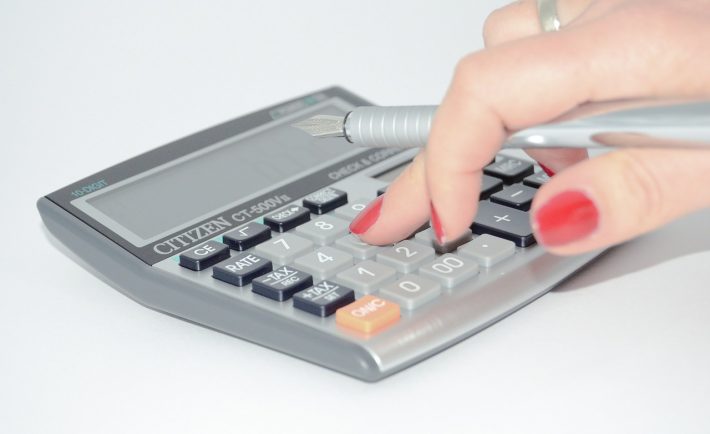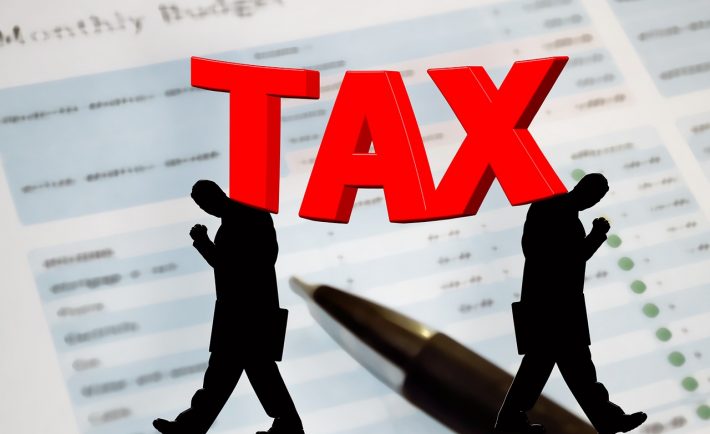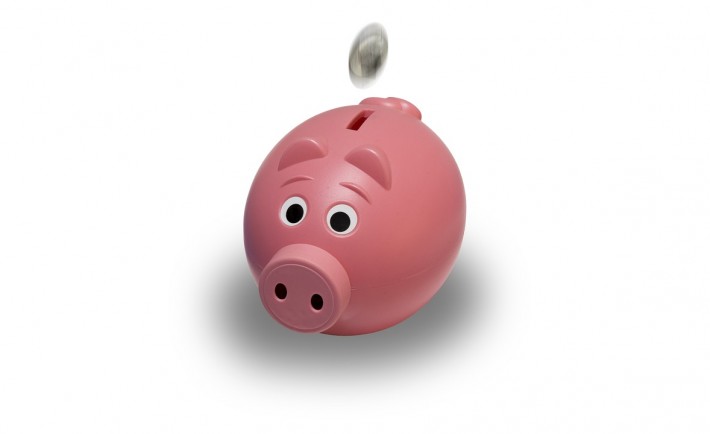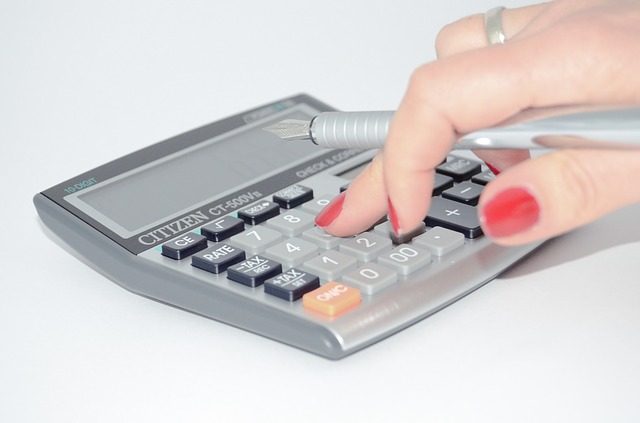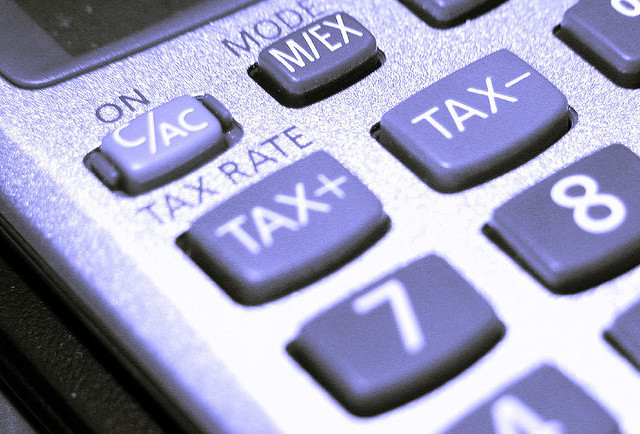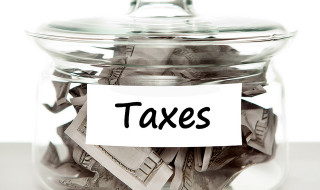Aside from its undeniable cleanliness and thriving economy, foreign investors see Singapore as a country with an attractive corporate and personal tax rates. The Singapore taxing system is widely known for its tax relief measures, absence of capital gains tax, one-tier tax system, and extensive double tax treaties. What keeps this system going?
To answer that question, we must dive in to different types of taxes.
INDIVIDUAL INCOME TAX
As the name suggests, the individual income tax is imposed on a person following his or her total income. The extent to which a person pays for depends on one’s status in Singapore. At the time of assessment, the government may consider you as a taxpaying resident or a taxpaying non-resident. For residents, the tax rates begin at 0% and are capped at 22% (above S$320,000). For non-residents, the flat rate is 15% to 22%.
CORPORATE TAX
The corporate tax is imposed on a company following its profit or net income. Net income refers to the difference between the total expenses, receipts, and additional reductions in the book value of an asset. You have to understand that a company will only be taxed if the income is generated from Singapore or generated from overseas and received in Singapore.
What’s more? The corporate tax operates on a one-tier system and caps at 17%. By keeping corporate tax rates competitive, the country continues to attract a significant share of foreign investment.
PROPERTY TAX
It comes as no surprise that all property owners in Singapore are subject to Property Tax. It is imposed on property owners based on the expected rental values of their properties. It is levied on the unmovable properties such as buildings and lands. It is pretty much clear cut from here.
GOODS AND SERVICE TAX
Last but not the least is the type of task that we tackle on a daily basis – the Goods and Service Tax (GST). It is an indirect tax levied on the price of goods and services in the country.
GST was introduced in 1994 at a rate of 3%. Years have passed and the rate has been steady at 7%. Imported goods sold in Singapore follow the same GST rate too!

Image Credits: pixabay.com
Use these information to enrich your savvy consumer skills! ?

